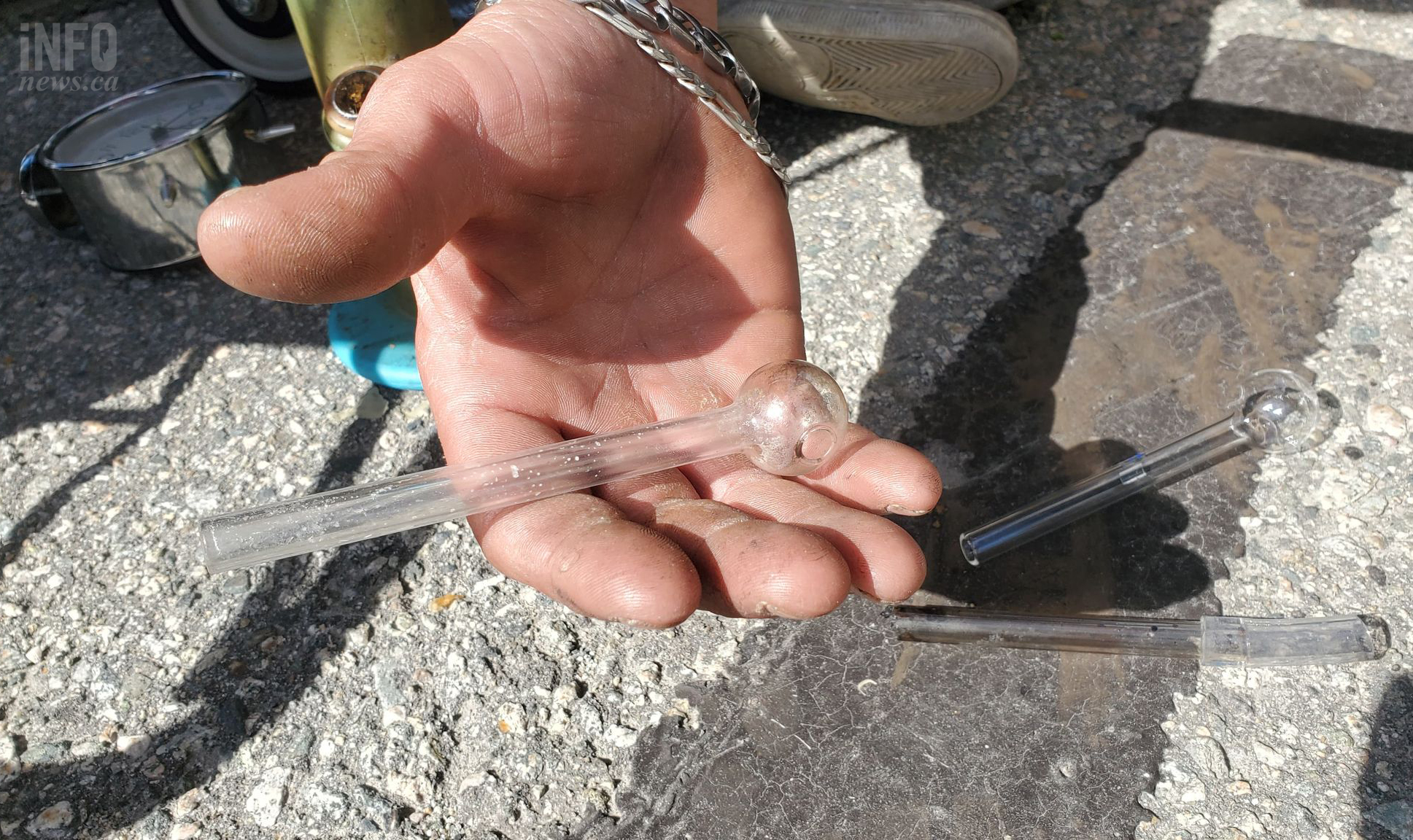Elevate your local knowledge
Sign up for the iNFOnews newsletter today!
Sign up for the iNFOnews newsletter today!
Selecting your primary region ensures you get the stories that matter to you first.

A Sunday morning overdose death in Kamloops has spurred a local business association’s call for governments to shift their focus on the toxic drug crisis.
“We don’t need more reports,” North Shore business association executive director Jeremy Heighton said in a media release.
The overdose victim hasn’t been identified, but the death took place on Oct. 26 less than a block from the business association office. In a news release, the association called it a “needless and heartbreaking reminder” of the need for street-level care.
“We need coordinated action that actually links the person in crisis to the right service, in real time, through a shared system that keeps people from falling through the cracks,” Heighton said in the release.
He said the province needs a BC-wide system to coordinate social workers, outreach teams and health care providers.
iNFOnews.ca has reached out to the BC Coroners Service and Kamloops RCMP for more information about the death.
Their death brings the tally in Kamloops to 39 in 2025, according to BC Coroners Service statistics. Kamloops, along with many other BC communities, are on track for the lowest annual death toll since 2019.
Roughly a fifth of those deaths have been outside.
Heighton said each one has left a family “forever changed.”
“Each of those lives represents a missed opportunity to connect someone to care. These tragedies will continue inless we move beyond fragmented responses and build a coordinated, real-time system that meets people where they are,” he said in the release.
Pitching a “community interface management” system, he said it’s designed to bring “compassion, consistency and accountability to the front lines.”
The business association began pitching the model in 2018, which is designed to not only integrate social and health care systems but also shifts low-barrier social housing to “recovery-focused solutions.” Only 15 per cent of supportive housing in Kamloops is currently focused on recovery, according to the release.
It also calls for an expanded complex care system and 24/7 street outreach systems.
“These deaths are not inevitable,” Heighton said. “They are the outcome of decisions — or indecision — that have allowed systems to operate in silos while lives are lost in the spaces between them.”
News from © iNFOnews.ca, . All rights reserved.
This material may not be published, broadcast, rewritten or redistributed.

Want to share your thoughts, add context, or connect with others in your community?
You must be logged in to post a comment.
2 responses
I agree. The money poured into public treatment facilities is clearly not working. We all know this, yet the bandaging continues.
Whatever happened to the idea of an out-of-city, rehab centre where recovering addicts participate in a “farm/ranch-type environment”, working and healing alongside others in various stages of recovery?
Rebuilding self-esteem, having a valued purpose, physical exercise (farm work), cooking and other jobs, with the opportunity to observe & receive mentorship from those much further into their recovery, are all vital elements of healing that short-term (1 to 3 months) facilities can’t provide. On-site staff, including addiction pros, counsellors, and a couple of medical aids, could provide care as well as various therapies. Teams could work on a rotation basis. Perhaps a few could live there permanently, such as an experienced farmer/rancher, security, etc. Any farm revenue could go back into the facility for extras like a bus, food supplements, recreational and medical equipment, etc, or even saved for those leaving to start fresh. As well, families of those who’ve been “saved” could donate if they wished to.
Participants could voluntarily be referred by doctors, or those constantly in trouble with the law could be “held” there, instead of repeatedly going to jail for crimes and disturbances committed due to their illness/addiction.
Our government funding, currently being wasted on very low success rates, could be used to create something proven to be far more effective. Kamloops could become a model facility, helping other cities to incorporate similar recovery centres.
These are my thoughts, but I know many agree with this idea, which makes me wonder why it was apparently shelved when initially brought up.
While I support the premise of the article the phrase “they are the outcome of decisions…..” speaks volumes. Sometimes people make poor personal choices with negative consequences. Sadly the recidivism rate of both private and public treatment facilities is somewhere in the high 80 percent range. Doing the same crazy thing over and over again expecting different results certainly applies here.